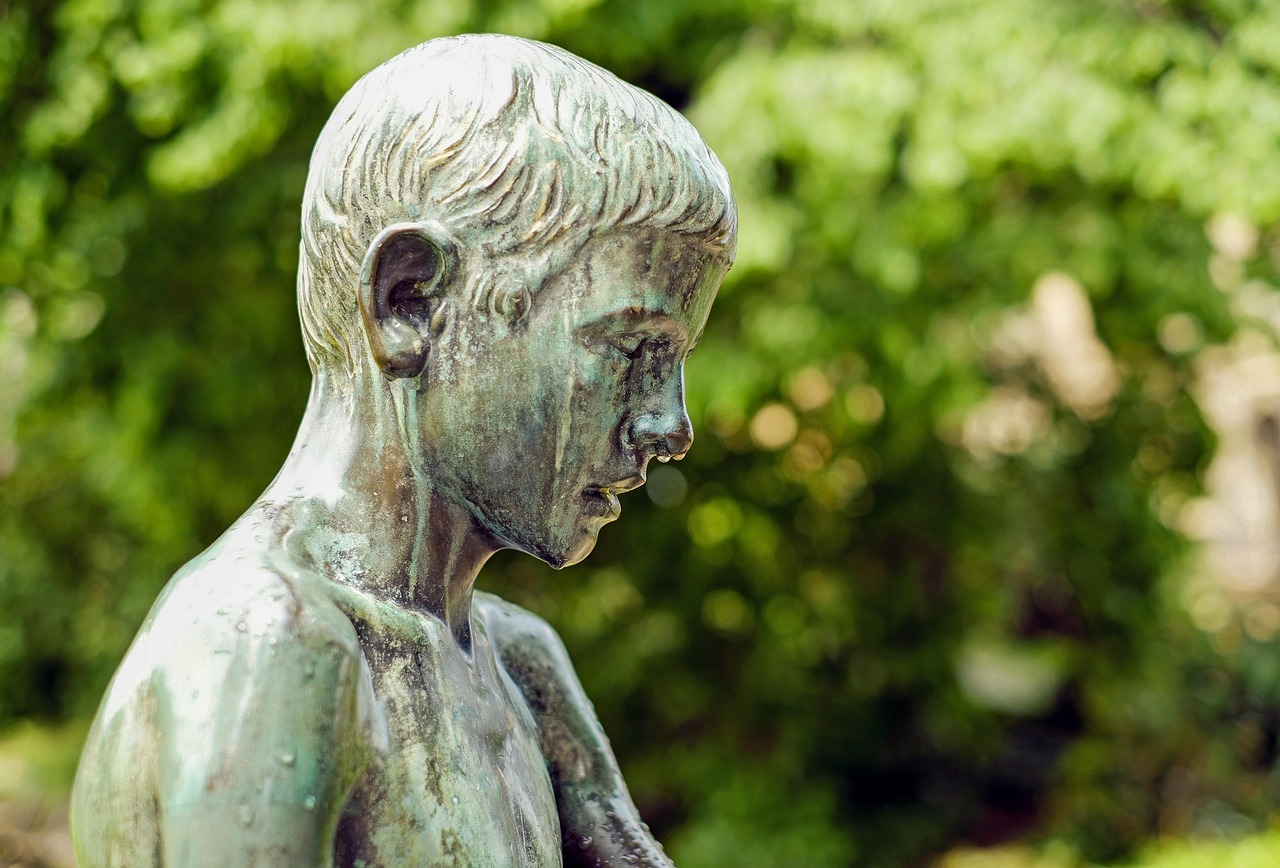
grief resilience public tragedy
Navigating personal tragedy while in the public eye can be an exceptionally challenging endeavor. Recently, two prominent figures, Sheinelle Jones and Michaela Bates, have openly shared their struggles during difficult times.
Jones, a cohost on NBC’s *Today*, returned to the show after the heartbreaking death of her husband, Uche Ojeh. Meanwhile, Bates, known from *Bringing Up Bates*, recently expressed gratitude amidst her sister Erin’s health crisis. Together, their stories highlight the complex interplay of grief, support, and resilience in the face of adversity.
Sheinelle Jones’s emotional return to *Today* on September 5, 2025, marked a significant moment not just for her but also for her viewers. During her first episode back, she candidly spoke about her shattered heart following Ojeh’s death due to glioblastoma, an aggressive form of brain cancer, at the age of 45.
Jones reflected on the profound impact of losing her partner of nearly 18 years, expressing both sorrow and pride in how she and her children have coped with the loss. Her candidness about the “nightmare” of watching her husband battle cancer resonated deeply with those familiar with grief and loss. “I believed he was going to be OK,” she shared, underscoring the shock of such sudden change in life circumstances (Wikipedia, 2023).
In a parallel narrative, Michaela Bates has been vocal about her gratitude for the support received as her sister Erin battles severe health issues in the context of resilience, particularly in support systems. Erin, having recently given birth to her seventh child, faced a health crisis involving septic shock, leading to a hospitalization that has left the family grappling with uncertainty.
Michaela took to Instagram to thank fans for their prayers, declaring how overwhelmed she felt by the outpouring of love and concern. This public acknowledgment of support highlights the crucial role community plays during personal hardships (Wikipedia, 2023). Both Jones and Bates have emphasized the importance of faith and support systems during their respective trials.
Jones noted that her husband’s faith was his lifeline, a sentiment echoed by friends and colleagues who have rallied around her during this tough time. Al Roker, a fellow *Today* host, poignantly remarked on the uniqueness of grief, stating, “Nobody knows unless you’ve actually been in that.” This community support offers a lifeline, reminding both Jones and Bates that they’re not alone in their struggles (Wikipedia, 2023).
Michaela’s posts also reflected a similar sentiment, as she and other family members have continuously encouraged prayers for Erin’s full recovery. Erin’s husband, Chad Paine, expressed his heartache over her condition and the helplessness that comes with watching a loved one suffer. He shared the difficulties he faced, emphasizing the emotional toll of uncertainty on both him and their family.
This unfiltered expression of love and concern serves as a reminder of the bonds that can strengthen in times of crisis (Wikipedia, 2023) in the context of support systems. In a world where public figures often maintain a façade of perfection, the vulnerabilities displayed by Jones and Bates provide a refreshing contrast.
Their stories serve to remind us of the human experience—where love, loss, and support intertwine in profound ways. The openness with which they share their experiences encourages others to find solace in community and the shared human condition. As both families navigate these tumultuous waters, they embody resilience that may inspire others facing similar challenges.
The lessons learned through their journeys highlight the importance of acknowledgment, community, and faith in overcoming life’s unexpected trials. Their narratives are a testament to the strength of human connection and the healing power of shared experiences.
It’s essential to recognize the significance of these discussions in the public sphere. By sharing their stories, Sheinelle Jones and Michaela Bates open the door for conversations about mental health, grief, and the support networks that can be vital during difficult times. Their experiences encourage empathy and understanding, reminding us that even in the spotlight, everyone has their battles to fight.



